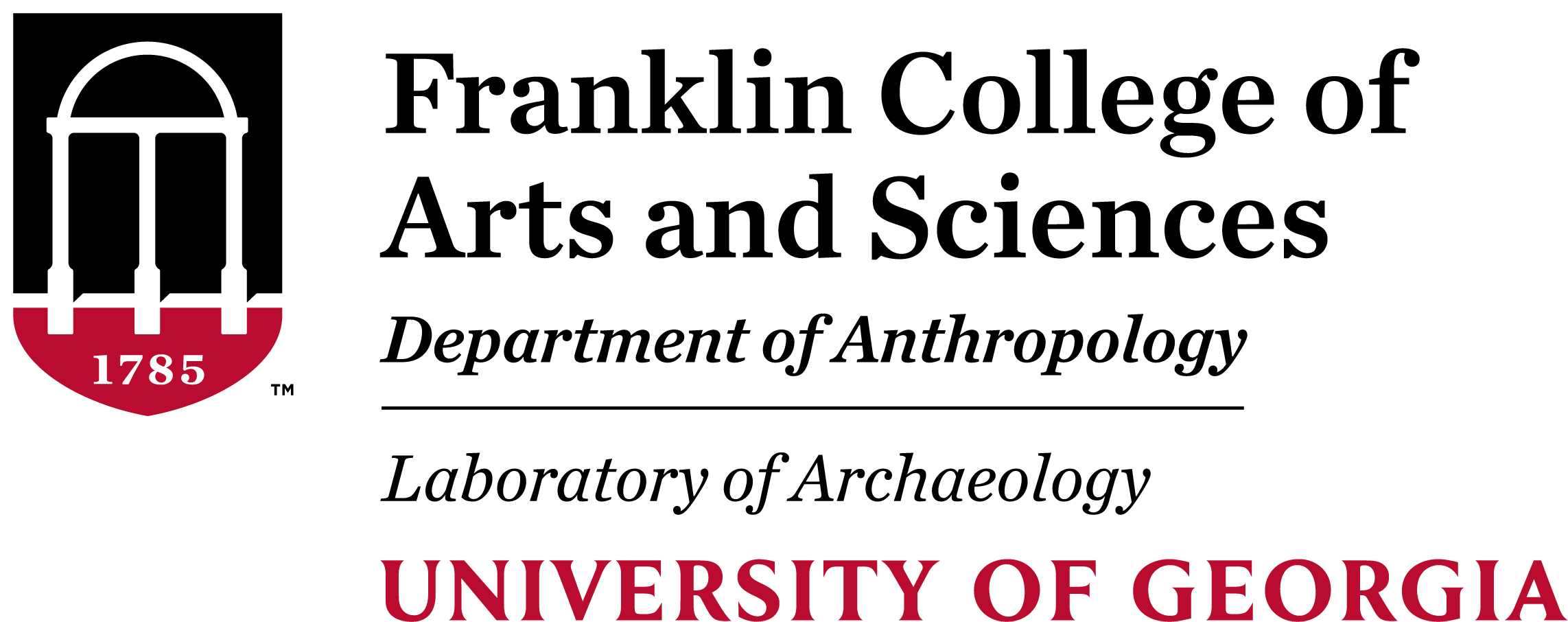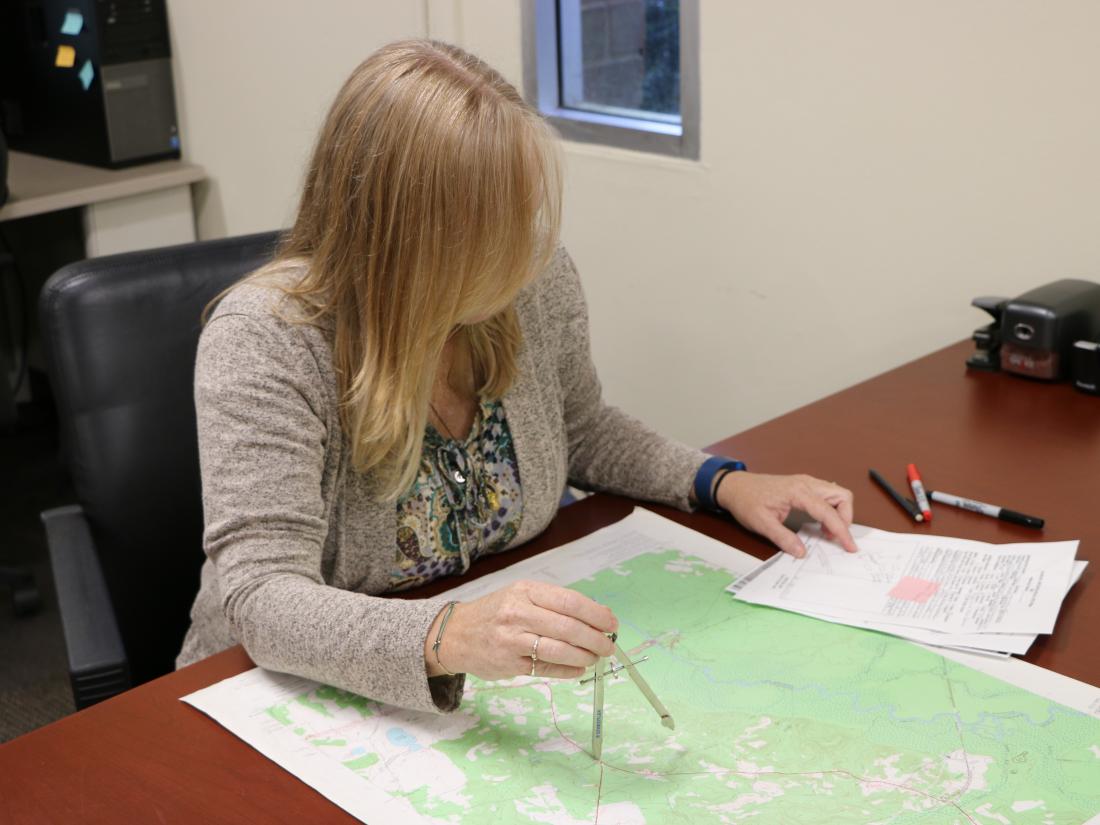If you are a professional archaeologist with at least a master’s degree in archaeology or anthropology or currently hold a Registered Professional Archaeologist (RPA) or Registered Archaeologist (RA) certification, please make requests by email gasf@uga.edu or by phone 706-542-8737. Due to Georgia law, site location and information is protected (OCGA 50- 18-72[a][14]). Please see Important State and Federal Laws for more information.
Therefore, if you are not a professional archaeologist then we cannot accommodate your request.


